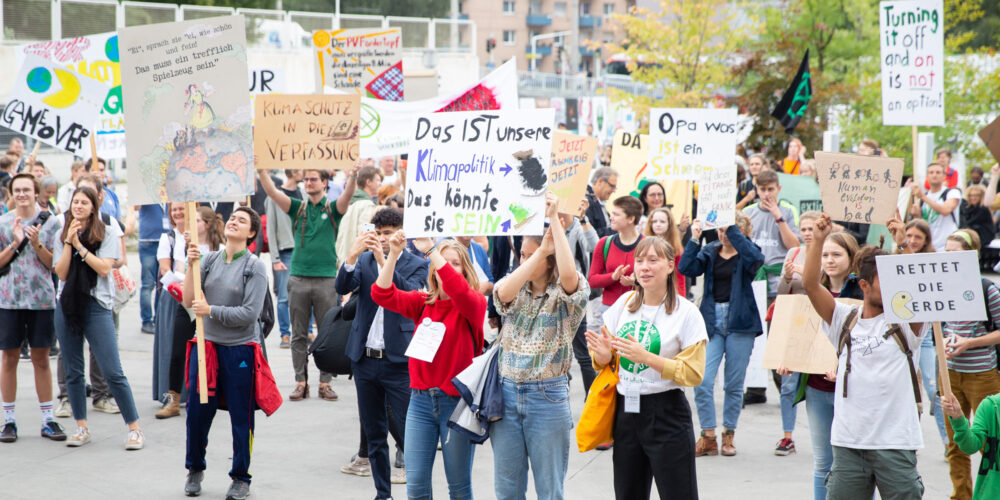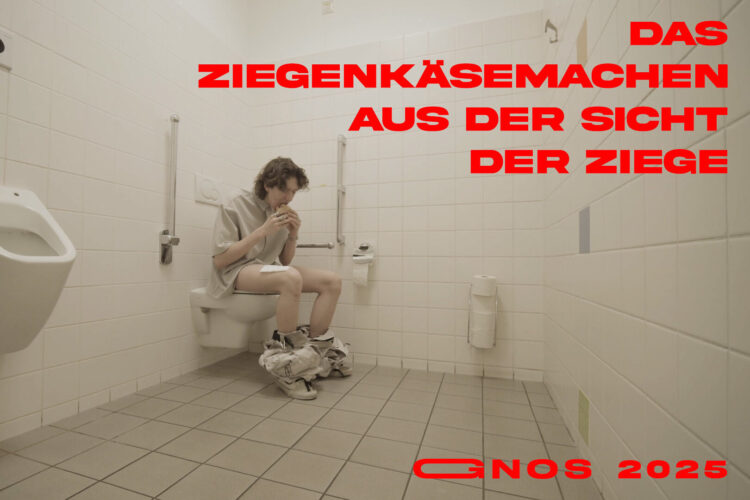
Art
-
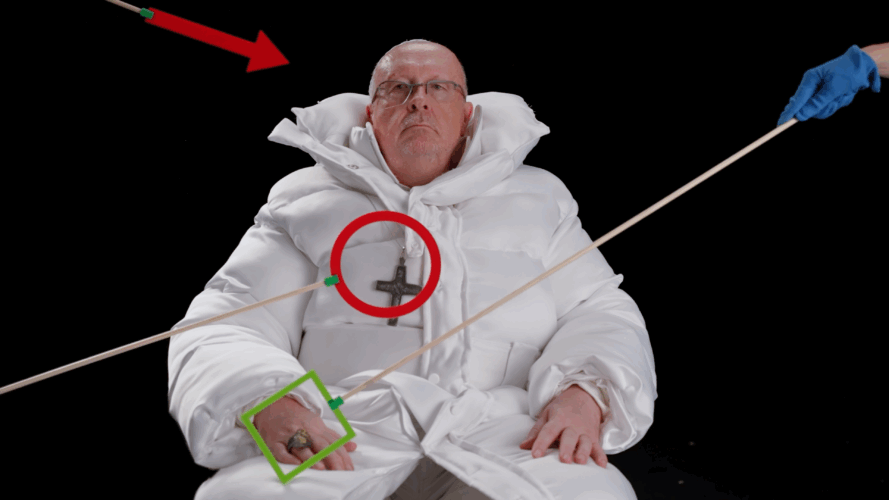
What’s True? Between Image and Illusion
In an age where algorithms can generate moving images and voices, and even facts, what remains true? This article takes a look at art, AI and responsibility, and considers how we renegotiate truth in the age of artificial intelligence.
-

Cutting Edge: Between click and control
The project “Made to Measure — I is a Search Engine” examines how tech companies develop strategies to profit from human weaknesses and insecurities by analyzing user data.
-
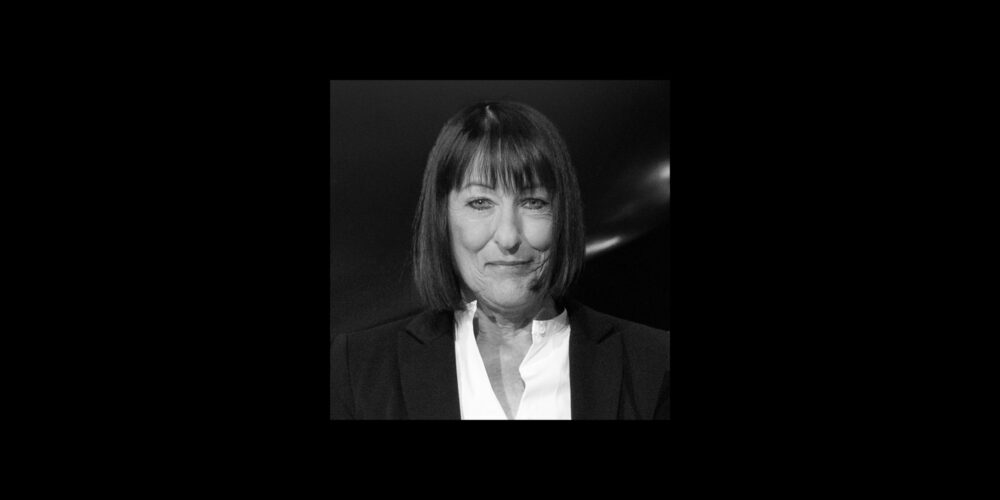
Christine Schöpf 1948 — 2025
It is with great sadness that we bid farewell to Christine Schöpf—a formative figure in media art and for all of us, without whom Ars Electronica would not be what it is today.
-
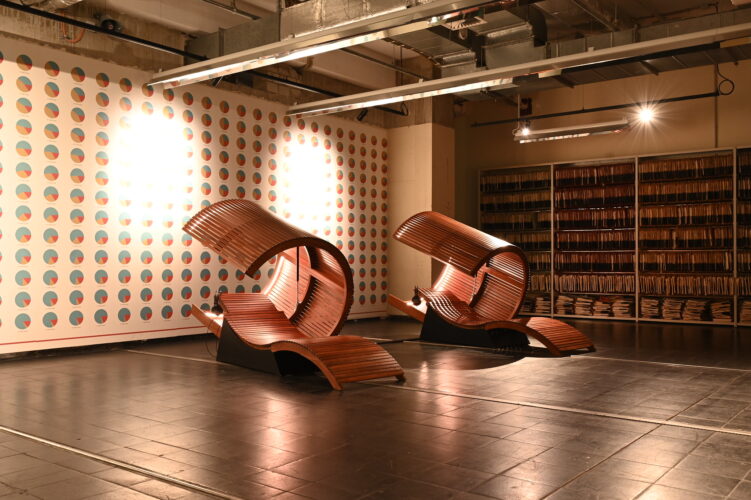
Cutting Edge: Sleeping for the Future
“Perfect Sleep” shows how more sleep can lead to less consumption and CO₂ emissions, thus offering a simple counter-model to the compulsion for growth.
-
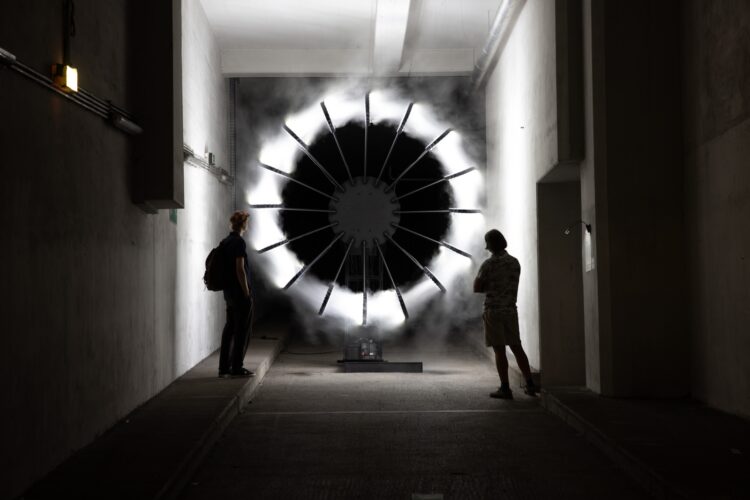
That was the Ars Electronica Festival 2025
For five days, Linz once again became a meeting place for art, technology, and society—and POSTCITY served as a stage for encounters, experiments, and visions one last time.
-
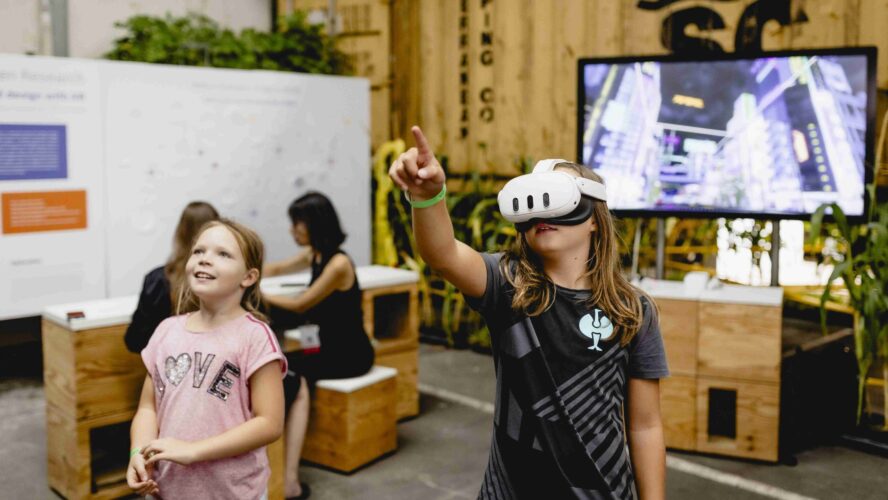
Co-Create Futures in the Making
The Ars Electronica Futurelab invites you: Experience the latest works of the artistic R&D laboratory and atelier at the Ars Electronica Festival and collectively shape diverse futures!
-
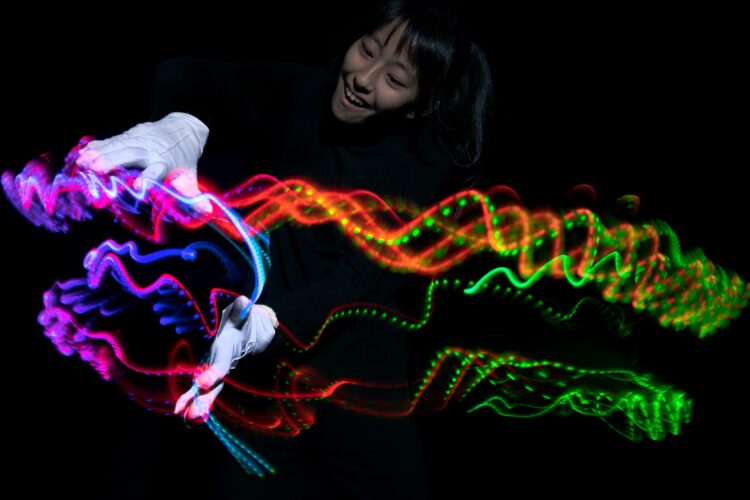
Music by humans and machines
Waltzes with artificial intelligence, organ music with robotics, interactive performances, and club nights: the musical program of the Ars Electronica Festival 2025 opens up new realms of experience for its visitors.
-
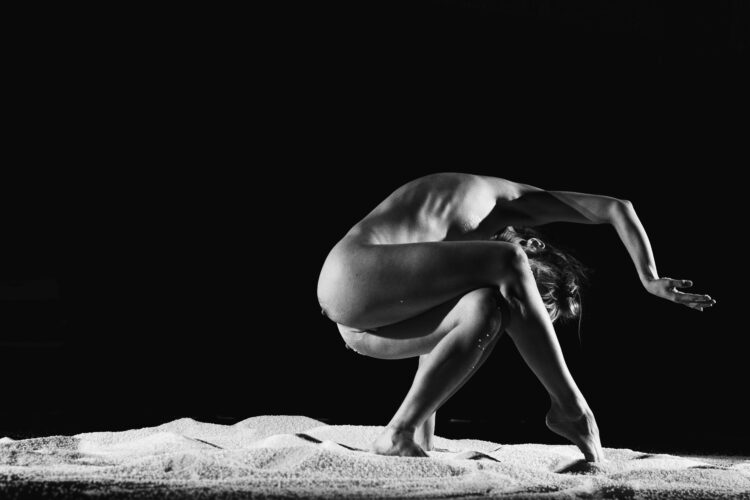
Clear the stage for theater & digital media
Theater has always been an art form that combines different media—today, this includes digital technologies. The Ars Electronica Festival 2025 showcases some of the most exciting examples.
-
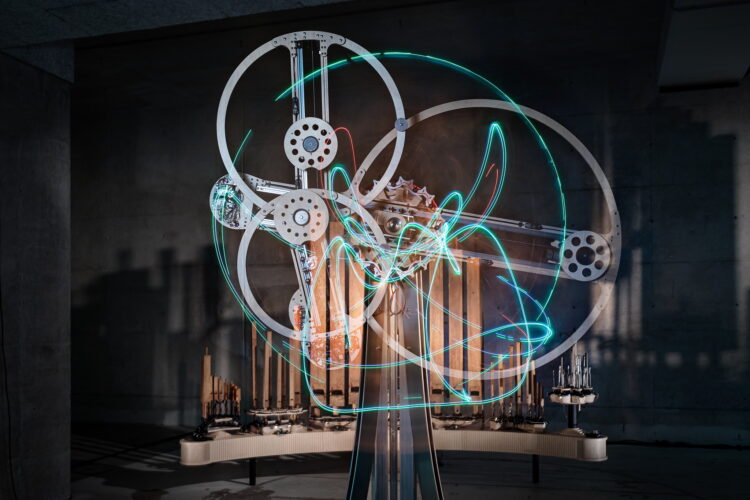
Organism in a state of emergency
“Organism and Excitable Chaos” combines sound sculpture, instrument, and kinetic experiment. The work explores how organic forms, unstable pipes, and a chaotic pendulum open up new possibilities for the interplay between material, sound, and audience.
-

Who is shaping our digital future?
At the Ars Electronica Festival 2025, artistic works will question the power of global tech corporations, shed light on “surveillance capitalism,” and show how we can reclaim our role in an AI-driven world.
-
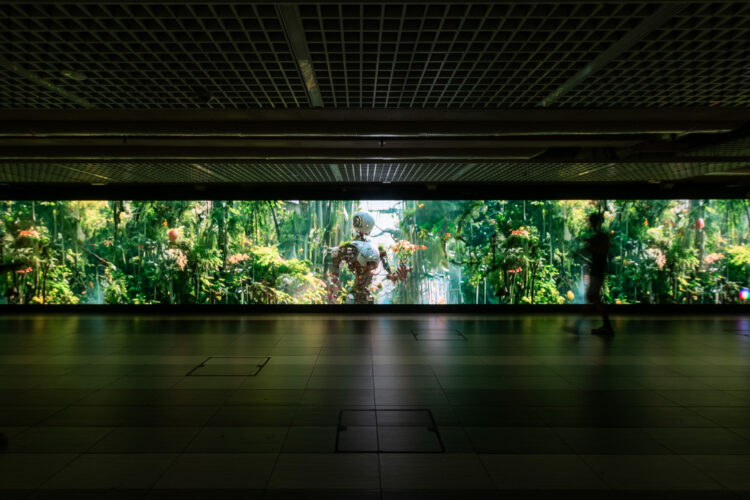
Implementing the Green Deal
In response to the climate crisis and pressing societal challenges, the Ars Electronica Festival 2025 invites radical reimagining and cultivates spaces where visionary creativity and sustainable lifestyles can thrive.
-
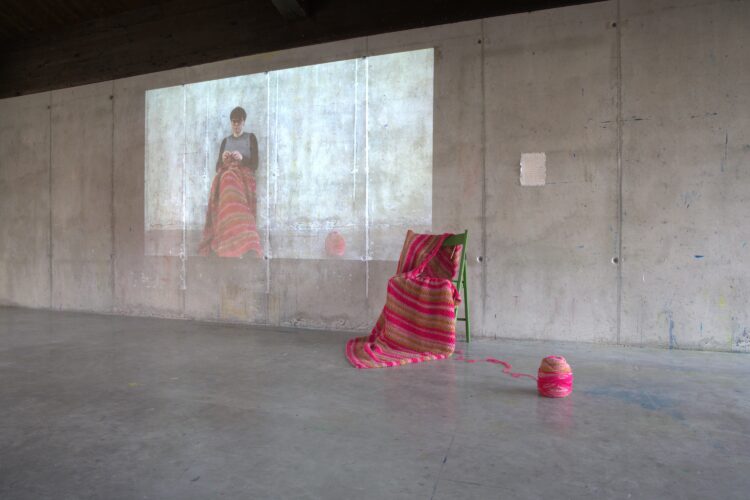
The world lies between doors
Manuela Naveau, curator of the Kunstuni Campus at the Ars Electronica Festival and university professor of Critical Data / Interface Cultures, talks about noisy sliding doors on Linz’s main square—and what this installation has to do with Einstürzende Neubauten, Beyoncé, and Hannah Arendt.
-
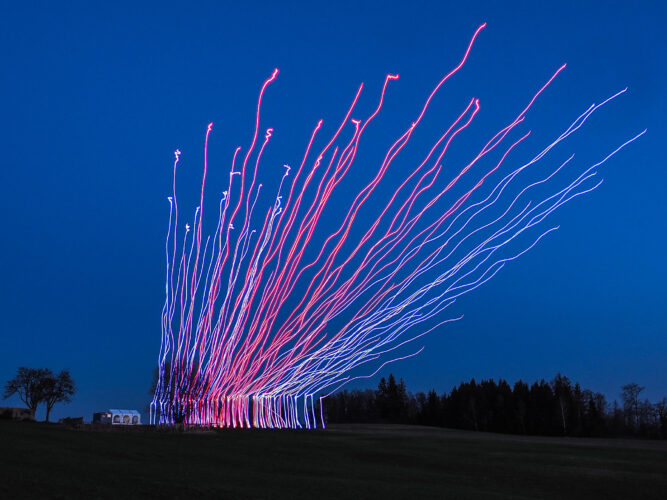
Ars Electronica – From festival to ecosystem
Launched in 1979 as a daring experiment, Ars Electronica has developed over 46 years into a global ecosystem—characterized by continuous change, collaborative thinking, and the ambition to actively shape the future.
-

The role of art in times of change
Art transforms uncertainty into creative energy and opens up new perspectives on society and the future. The Ars Electronica Festival 2025 shows how artistic works reflect technological, social, and ecological upheavals.
-
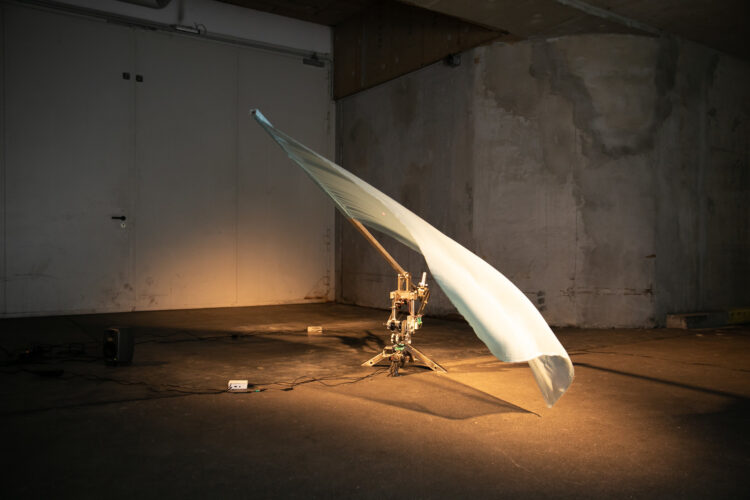
Cutting Edge: In step with control
In a new issue, Michaela Wimplinger presents a project that shows how fragile self-determination has become in a world controlled by technology.
-
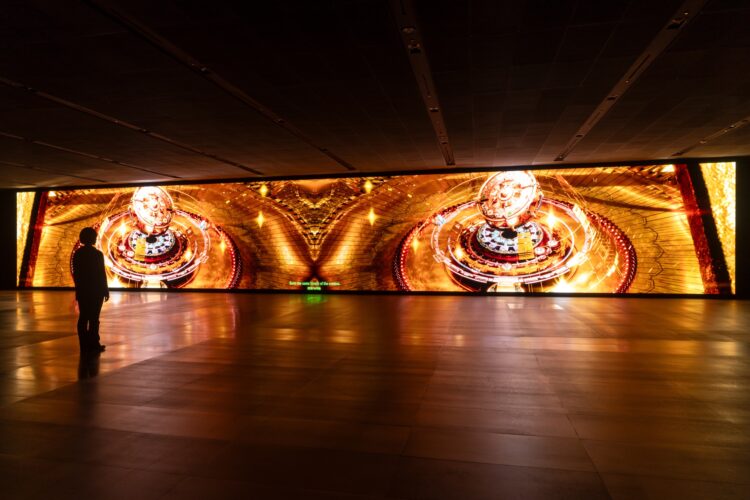
The 6th VH AWARD: A Dream That Wanders as If It Were Real
Dream of Walnut Palaces weaves history, Daoist philosophy, and AI imagery into a transformative space where alternative forms of knowledge emerge.
-
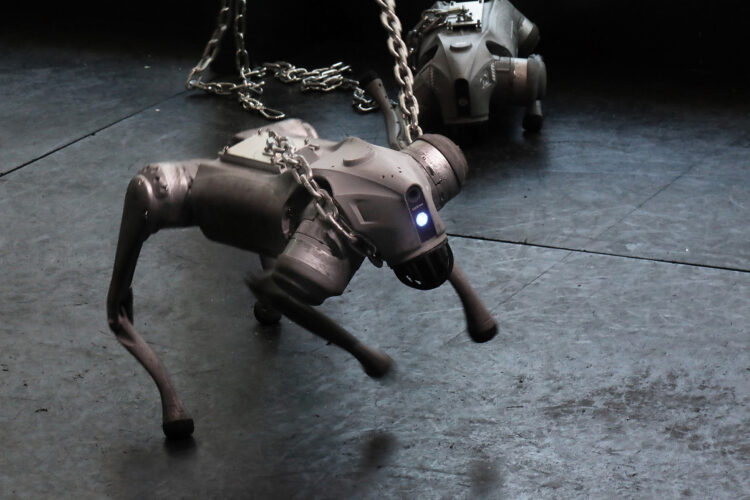
Living in a State of Uncertainty
This year, the Ars Electronica Festival is once again focusing on the major crises of our time—and the panic they cause in us. At the same time, it shows how art can help us cope with these turbulent times.
-
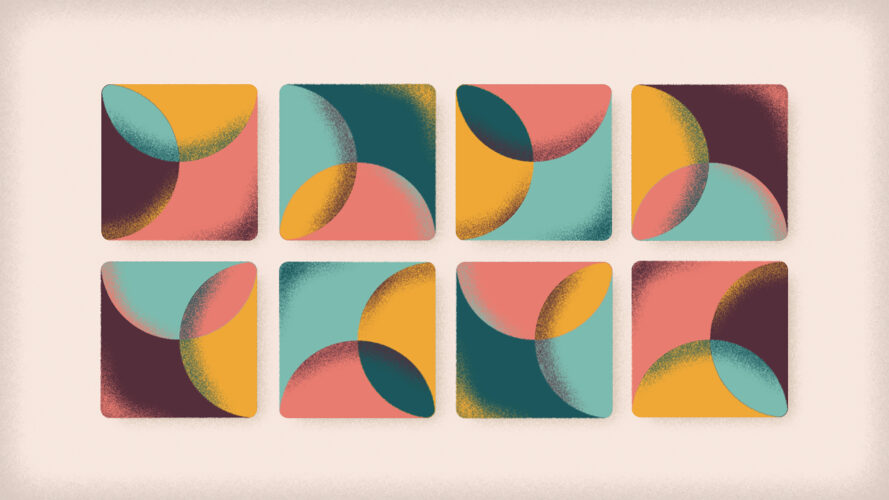
Expanded 2025: Where animation comes to life
The 13th edition of Expanded focuses on scientific contributions from the fields of animation and interactive art. The emphasis is on innovative audiovisual forms of expression at the interface between art and technology.
-
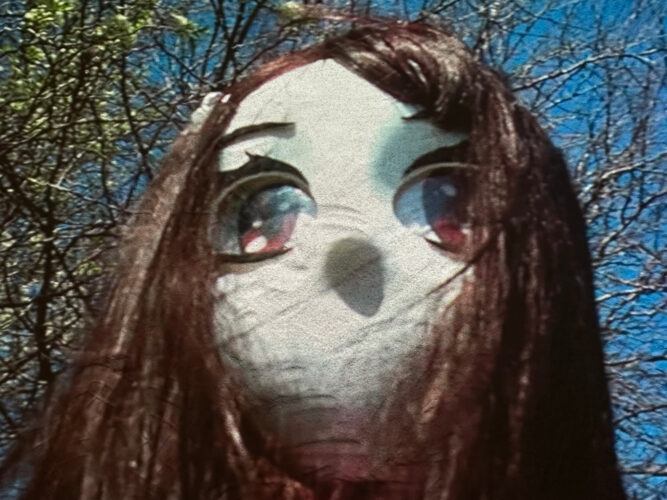
Who needs art in times like these?
Amid global crises and radical upheavals, the Ars Electronica Festival asks what role art can play—as a catalyst for new perspectives, as a space for reflection, and as a driving force for a collectively shaped future.
-
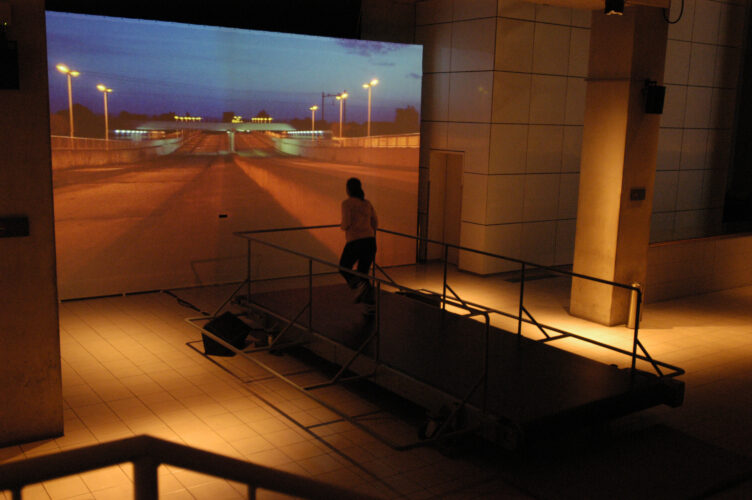
Cutting Edge: Running against the virtual wall
In “Run Motherfucker Run,” the body becomes the controller: those who run experience virtual immersion—those who stop fall. A powerful critique of passive consumption in digital worlds.
-
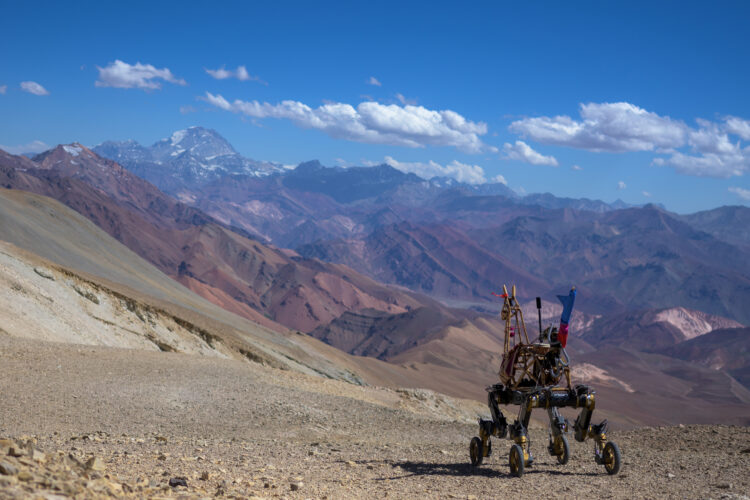
A Robot’s Liberation
Guanaquerx by Paula Gaetano Adi, winner in the Artificial Life & Intelligence category 2025, reclaims the Andes as a site of resistance and reimagines robotics as a tool for planetary liberation.
-
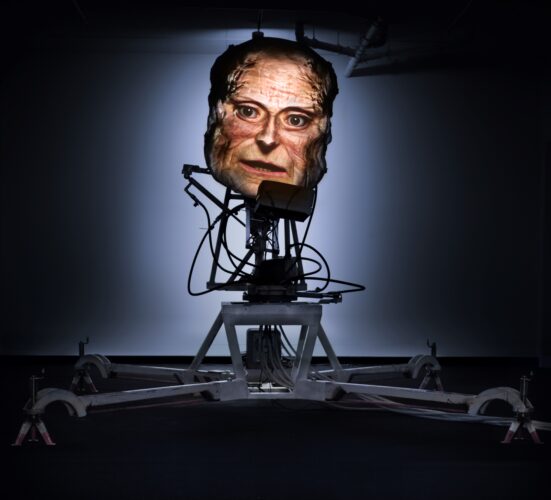
Words as Weapons
Requiem for an Exit by Frode Oldereid and Thomas Kvam, winner of a 2025 Golden Nica, explores memory, violence, rhetoric, and the unsettling voice of a machine.
-

Sound as a living process
This year’s Golden Nica in the category “Digital Musics & Sound Art” goes to media artist Navid Navab and Garnet Willis for their project “Organism.”
-
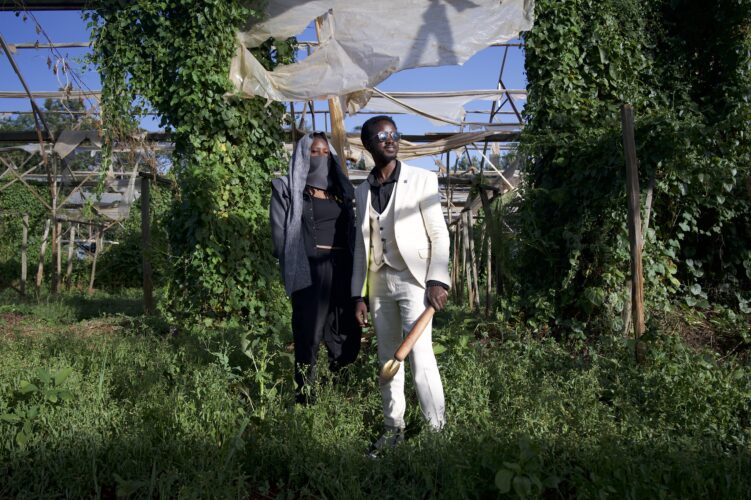
Wearing Change, Locally
What does a sustainable future in a big city look like? The Wild Future Lab in Nairobi showcases new paths for a renaturalized city through wearable, innovative artifacts made from local materials.
-
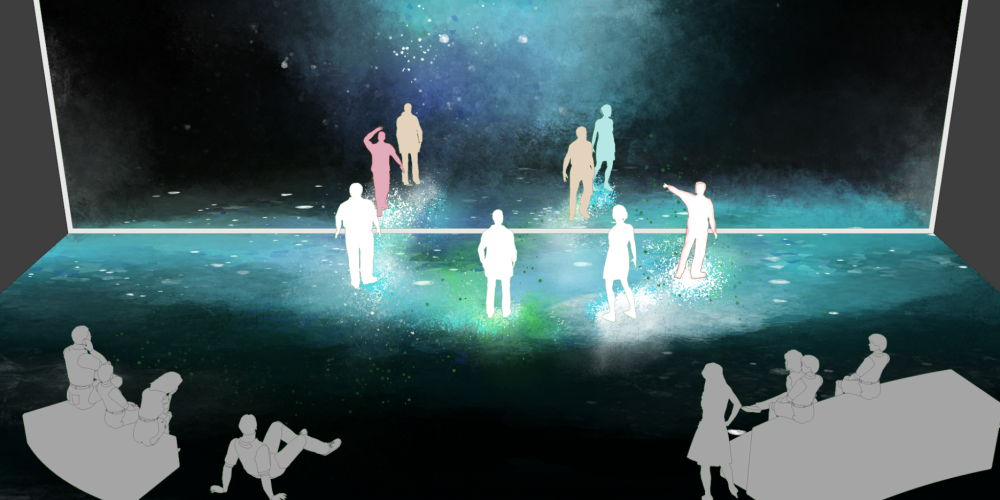
A space with endless possibilities
SHARESPACE explores new forms of collaboration between people, avatars, and AI in hybrid spaces. The focus is on connection, participation, and creative interaction, accompanied artistically by Ars Electronica Futurelab. One space, infinite possibilities.
-

Cutting Edge: Hands-on drone art
In this issue, Horst Hörtner presents a project that shows how art, technology, and participation can come together: the Klangwolke 2012, in which swarms of drones were used for the first time and thousands of people became part of the production.
